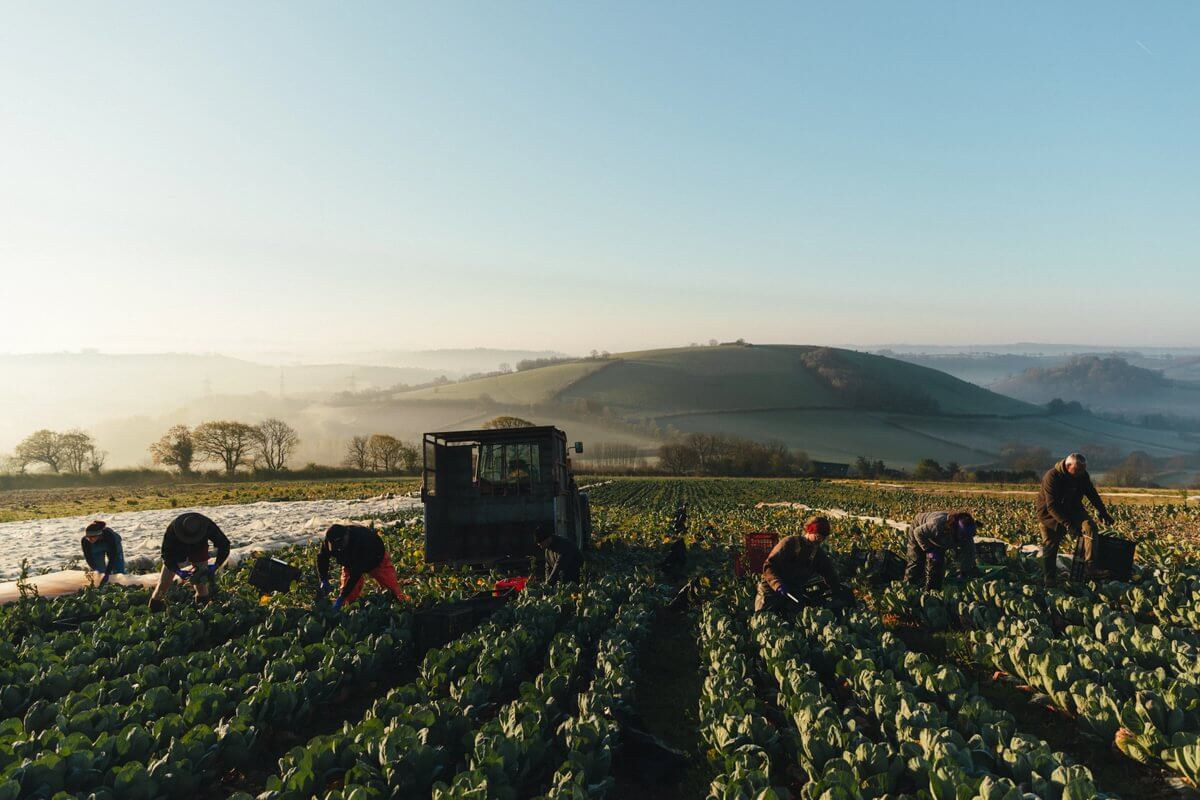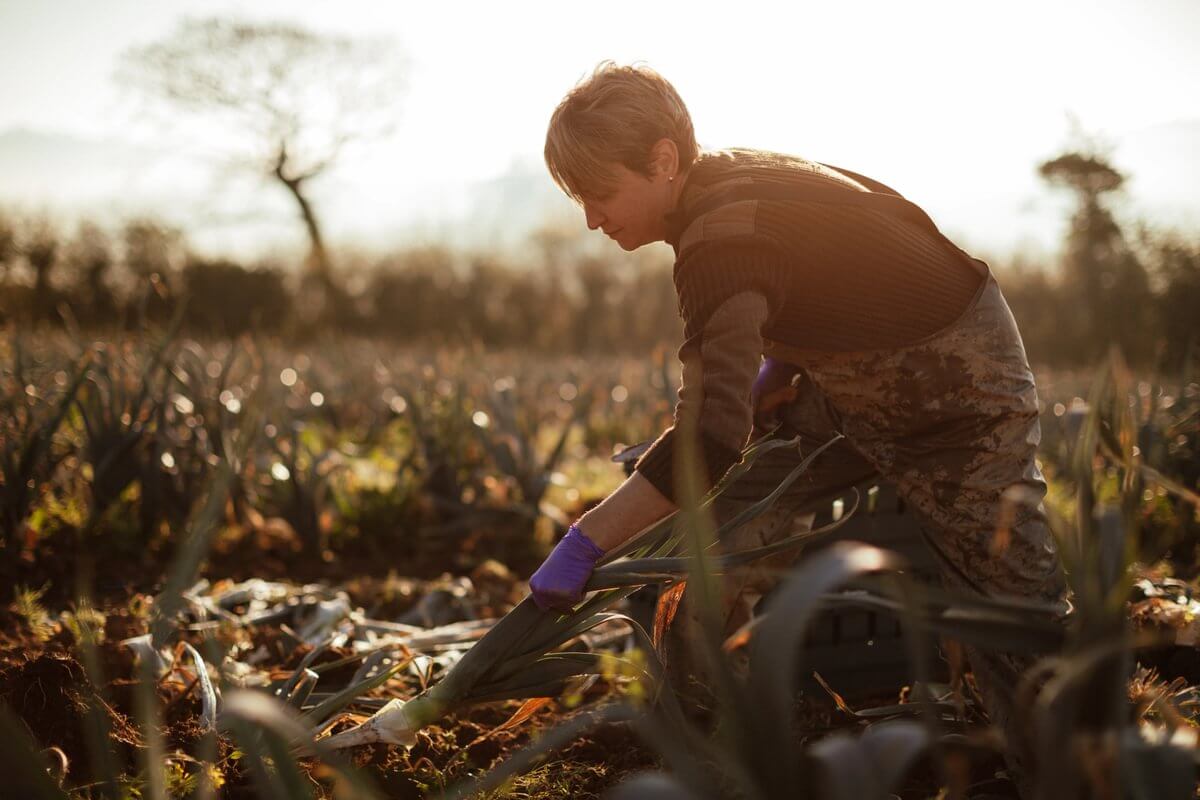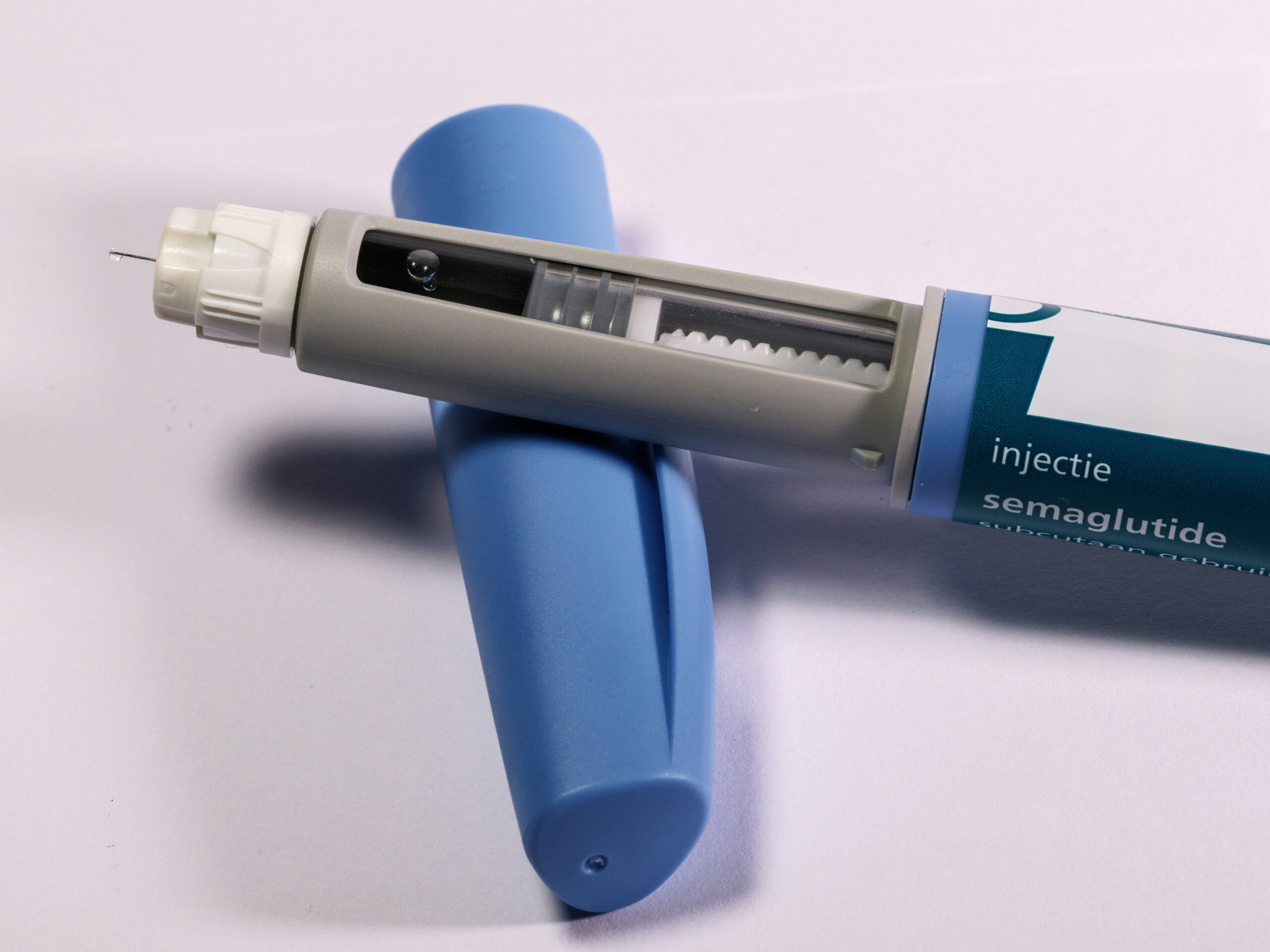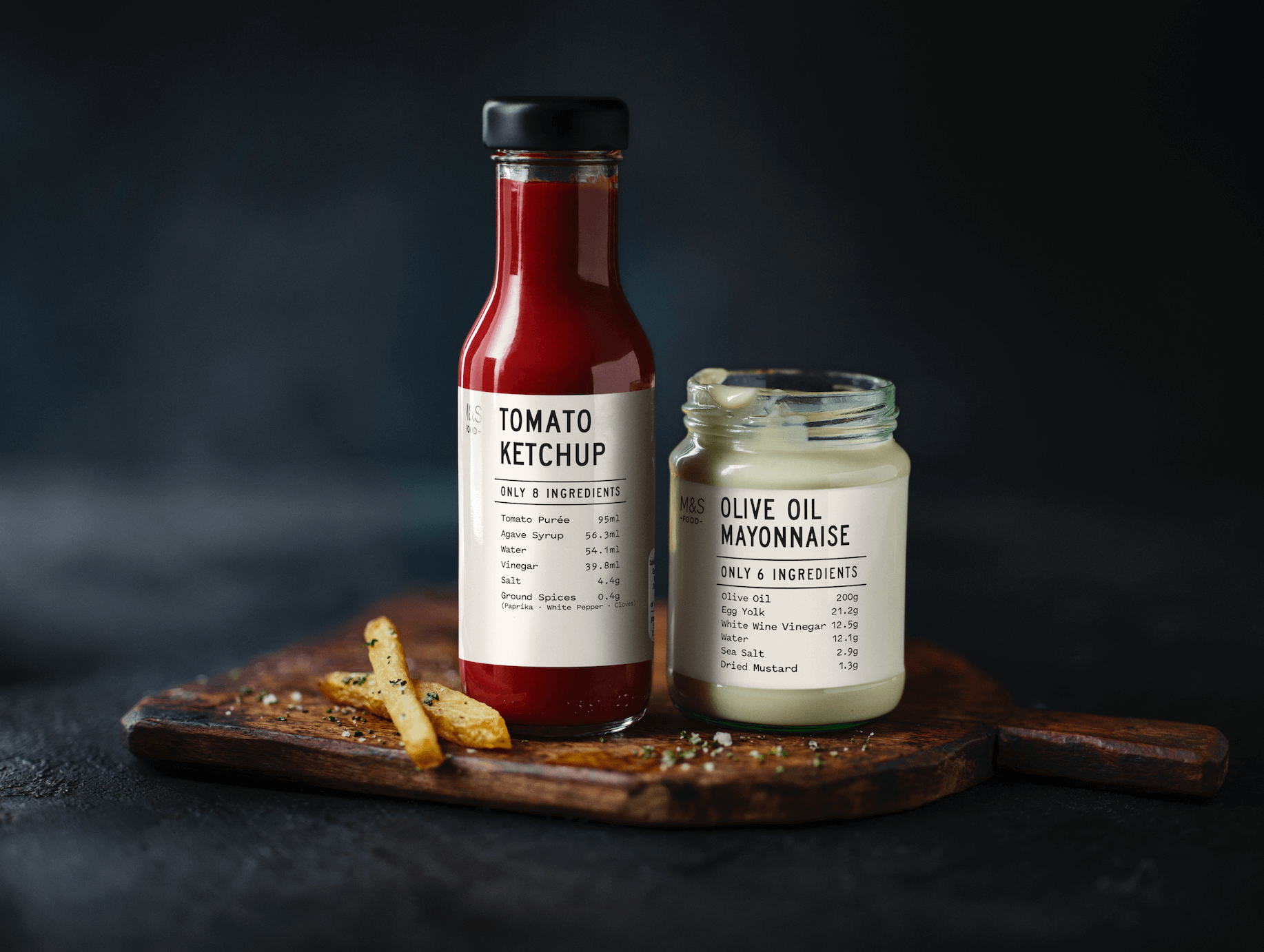I spent the Easter weekend digging bindweed out of a relative’s garden. After a hot, back-breaking morning, I had cleared 20 square metres. One teaspoon of the weedkiller glyphosate would have done a better job for just six pence.
Glyphosate was first formulated as Roundup and sold by Monsanto in 1976. It soon became the world’s ‘favourite herbicide’, because it kills the entire plant, right down to the roots. Instead of herbicides, organic farmers plough to clear weeds. Large-scale ‘regenerative’ farming, now advocated by multinationals like Mars, PepsiCo and McDonald’s as a way to restore soils and reduce the carbon losses associated with ploughing, almost always depends on annual use of glyphosate.
At university in 1980, I was told that glyphosate was completely safe. We now know that it is carcinogenic, has devastating effects on our waterways, soil ecology, and the biome of bees, and is persistent enough to be found in 80 per cent of U.S. urine samples. It is even in the rain.
Clearly, the process used to assess glyphosate’s safety was inadequate – and clearly, unregulated market forces acting on something so cheap, yet so powerful, will lead to overuse. But should a chemical that has the potential to produce food cheaply, and with less carbon losses, be banned?
We desperately need an honest, well-informed conversation, and a more nuanced way of balancing planetary risks against societal benefits. Using glyphosate once every 50 years to control weeds and help establish trees, or to remove bindweed without hours of work and disturbing the soil, might be justifiable. It can even be argued that it is less bad than ploughing to clear ground for new crops.
But glyphosate is also routinely used as a desiccant, sprayed onto wheat destined to be eaten – marginally easing harvest and boosting a farmer’s profits, in an act of thoughtless eco-thuggery. The annual use of glyphosate before sowing maize, when fields will have to be ploughed anyway, also shows that the vast power of the chemical and its consequences are out of all proportion to its tiny financial cost.
As I left, my relative asked what I thought of clearing the rest of the bindweed with some glyphosate that he had in the back of his shed. I said that I wasn’t the Pope, but perhaps we do need a system for trading indulgences; an environmental tax that reflects the cost of a farmer’s decision to inflict this chemical on the rest of us and our planet.














I’ve been clearing land, establishing trees etc for 30 years, there are many nature friendly methods, ask any Wildlife Trust, permaculture assoc, organic farmer etc. Thinking in systems terms, where every land management action always benfits biodiversity, and/or organic food production is the only sane way to proceed given the nature emergency. A faremer may make his choices, though this article is disturbing on many levels:This sentence is “Using glyphosate once every 50 years to control weeds and help establish trees, or to remove bindweed without hours of work and disturbing the soil, might be justifiable. It can even be argued that it is less bad than ploughing to clear ground for new crops. “
Hi Jasmine, thank you for your thoughts. We know that Guy and the team at Riverford use these nature friendly methods themselves. We think the article was trying to explore whether glyphosate should be banned or is the an argument for using it as an agent of last resort, rather than condoning it’s use. You are far from alone in the opinion that it should be banned.
Thank you, Guy for raising this contentious topic. As with so many technologies, it’s the scale of under-regulated use and abuse that causes the problems.
Research says homeowners are actually guiltier than farmers of overdousing their patch of land. But both are apt to use it frivolously: homeowners not only to kill weeds but also to keep grass borders looking ”tidy.”
Glyphosate is a broad spectrum antibiotic. Antibiotics are overused to our peril. Every living thing ingests this spray within a one-km radius and their immune system is weakened by it, small animals and children particularly as they are low to the ground.
We now know that antibiotics damage the very mitochondria in our cells responsible for energy production, as these were once a bacterium.
I agree, sparing use is important. Once every 50 years, certainly. But who will restrict themselves to that? Even rarely used herbicides can persist.
An anecdotal example: A bald spot caused when our gardener left a leaky sprayer on the lawn has remained dead for seven years now, during which time the spot has tripled in size from rain-spread residue.
As with antibiotic overuse in medicine, short-term expediency must be weighed against the possibility of causing permanent damage.
Hi Ani, These are very important questions to raise. It seems our readership can all agree that we need to radically change the way it’s used and more or less eliminate it, but the how is not necessarily so simple.
Thank you for putting your head above the parapets on this topic, which can be so divisive. I agree with you 100%. Monsanto’s push for profits made glyphosate too available and too cheap, and people abused it; but we do need an agent of last resort, which should be strictly controlled and licensed. It is the only thing that will kill Japanese Knotweed – which famously managed to grow under the whole width of the M25. It is very effective wiped on foliage or injected – spraying isn’t always appropriate with something so toxic, but it needs to be tightly controlled rather than totally banned.
I can’t see any mitigating circumstances for using toxic products on our soil. It takes years for the soil to be free of the pesticide and then there is run-off from the area. Anything then grown on that soil will take the systemic pesticide up into their roots. Also, bindweed is actually very effective at helping to clear chemicals from the soil so by just digging it up a number of times the remaining soil should be very healthy. Yes, it takes longer to get rid of bindweed and other invasive weeds by natural methods but isn’t that part of producing healthy food and soil – ie organic farming? Many weeds bring up nutrients and can either be composted or used back into the soil before flowering as nutrients. Very worried to see your comment: “But should a chemical that has the potential to produce food cheaply, and with less carbon losses, be banned?” Whilst it is great to try and talk over these things we have had to listen to the pesticide industry telling us using their products equals cheap food for too many years, but the truth is, as you say previously in the article, this pesticide is highly toxic, so it seems obvious to me that it should simply be banned…
Faced with Giant Hogweed, or as Guy found bindweed in a domestic setting, it’s hard to deny the use of Glyphosphate for occasional application. It’s the issue of “Roundup Ready” grain crops were Glyphosphate is an essential and frequent part of the growing cycle that has led to much of the problem.
A reasonable comparison is contrasting the use of an oral antibiotic to address a severe infection in a person or animal,and the use of antibiotics routinely in animal husbandry as “growth promoters”.
Thanks Guy for addressing the issue with a sensible overview, when so often emotions ride high, and Big Chem obfuscates to cloud the picture.